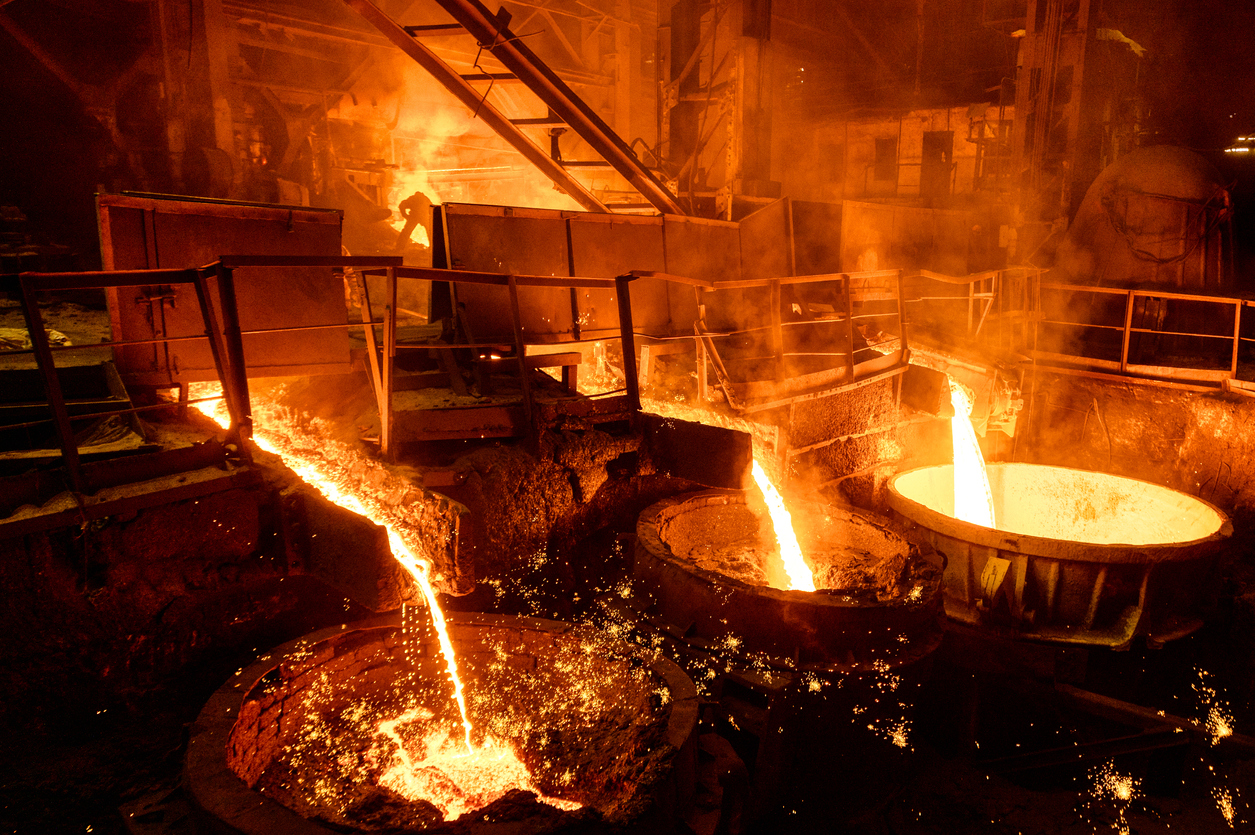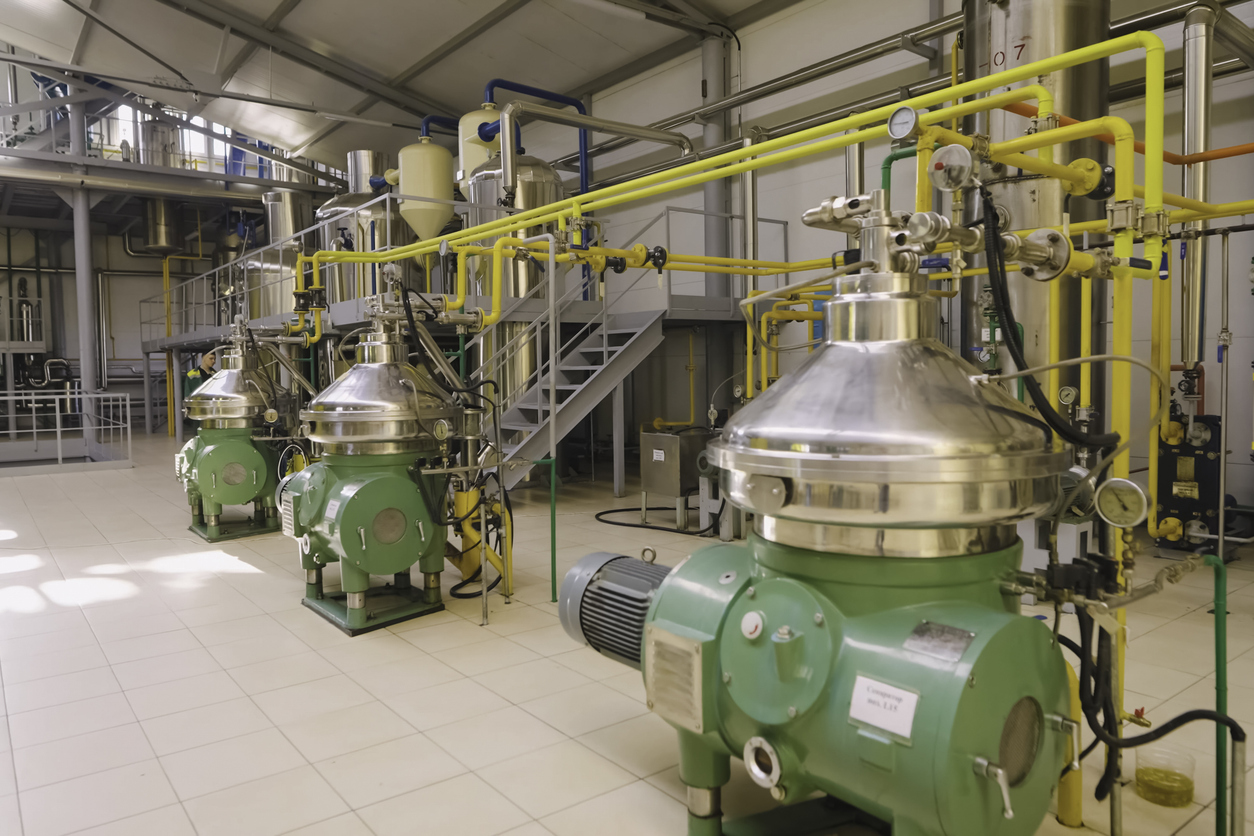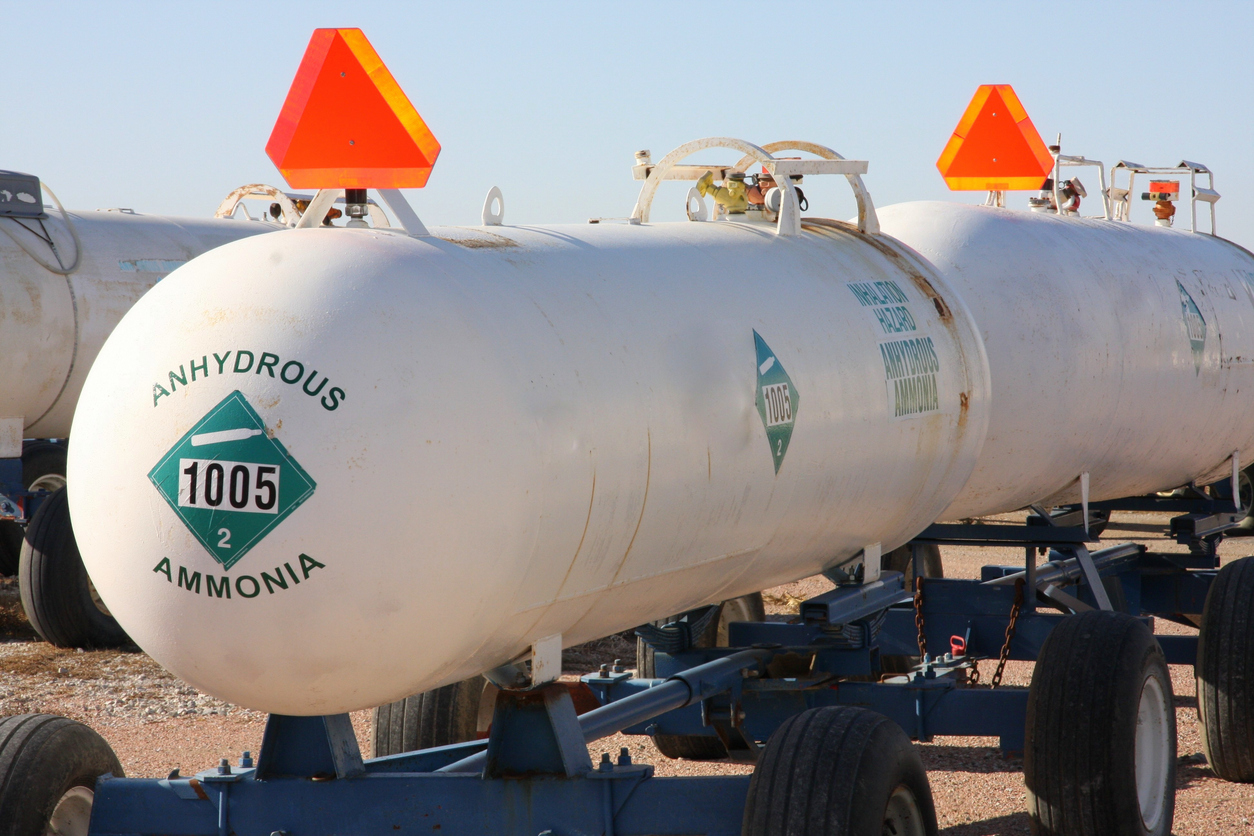How to Buy and Export Pig Iron from South Africa
How to Buy and Export Pig Iron from South Africa
Pig iron is a kind of raw iron that has high carbon content and low-metal content. It’s essentially the intermediary step in the production of steel, with scrap metal being turned into pig iron and then further processing to produce finished steel. Pig iron production is not an easy process, and it’s also not one that you can get into from anywhere. That said, it isn’t impossible either, as long as you know where to look for suppliers and have access to raw materials at competitive prices. There are not many manufacturers of pig iron left in South Africa due to its high production cost, but there are a few still producing this product. If you have a business idea related to pig iron production or you want to start sourcing it for your own business, read on to learn more.
What You Need to Know Before Buying Pig Iron
There are many different types of pig iron, each with its own qualities depending on the types and ratios of raw materials used to create it. Therefore, it’s important to know exactly what you’re buying and the end use that it will be put to. There are tons of different factors you should consider before buying pig iron, including: – Quality of iron – The percentage of iron in pig iron is usually between 90% and 95%. Make sure the percentage your specific type of pig iron uses is suitable for your intended use. – Sulphur content – Pig iron with a high sulphur content is generally used for the production of steel, while pig iron with a low sulphur content is used for producing cast iron. – Coking rate – This is the amount of energy needed for the refining process of the raw materials. The higher the coking rate of pig iron, the more energy is needed to produce it.
Finding Reputable Producers of Pig Iron
If you want to buy pig iron from South Africa, you need to know where to start looking for producers. The first step is to identify which of the few remaining pig iron manufacturers in South Africa you want to buy from. Next, you should do some research on those producers to find out more about them and the products they offer. For example, you could find out their reputation in the industry, their clientele, and their prices. You can also find out if they produce both cast iron and steel, or just one of them. After you’ve found a few potential suppliers, it’s time to start contacting them. Be honest about your intended use for the pig iron, so the suppliers can recommend the right product for you. Find out if they can produce the amount of pig iron you want to buy, when they can deliver it, and, most importantly, at what price.
How to Import and Export Pig Iron
If you’re interested in importing pig iron from South Africa, you need to know the basics of how to import it. Importing pig iron is much like importing any other product. You should first get in touch with your local customs authority to find out what documentation you need to import the pig iron to your country. Keep in mind that the customs authority will most likely require you to get an import license from the relevant authority in South Africa. After that, you just need to find a local or international customs broker and give them the details of your shipment. The broker will then help you with the rest of the process, including documentation and payment for the shipment. The broker may charge you a small fee for their services, but it’s worth it if it saves you time and effort. If you want to export pig iron from South Africa, you need to know the basics of how to do it as well. Exporting pig iron from South Africa isn’t as straightforward as importing it. That’s because exporting pig iron from South Africa means that you have to have a local supplier who is also authorized to export pig iron. If you don’t have a supplier, you could try contacting a few pig iron producers in South Africa and see if they’re interested in exporting their product.
Where to Source Raw Materials for Pig Iron Production
If you want to buy pig iron from South Africa, you also have to know where to source the raw materials to turn it into pig iron. The main raw materials used in pig iron production are iron ore, coke, limestone, and iron scrap. Iron ore is iron that has been extracted from the ground and is ready for processing into pig iron. It is one of the most important raw materials in pig iron production, so it’s crucial that you find a high-quality supplier. Coke is made from coal that has been heated to a very high temperature until it turns into a solid substance. It’s another important raw material in pig iron production, and it’s also another one you should source from a high-quality supplier. Limestone is a mineral that is heated in the pig iron production process until it turns into lime. Pig iron production needs limestone to remove impurities from the iron. Iron scrap is iron that has been discarded by industries and is ready for reprocessing into pig iron. While it’s one of the cheaper raw materials, it’s also one of the most important ones in pig iron production.
Conclusion
Pig iron is an intermediary step between iron ore and steel, and it’s often considered the most important part of steel production. It’s a complicated process, and it’s only for people who know what they’re doing. If you want to buy pig iron from South Africa, you need to know where to find reputable producers and good suppliers of iron ore and coke.








LEAVE A COMMENT
You must be logged in to post a comment.